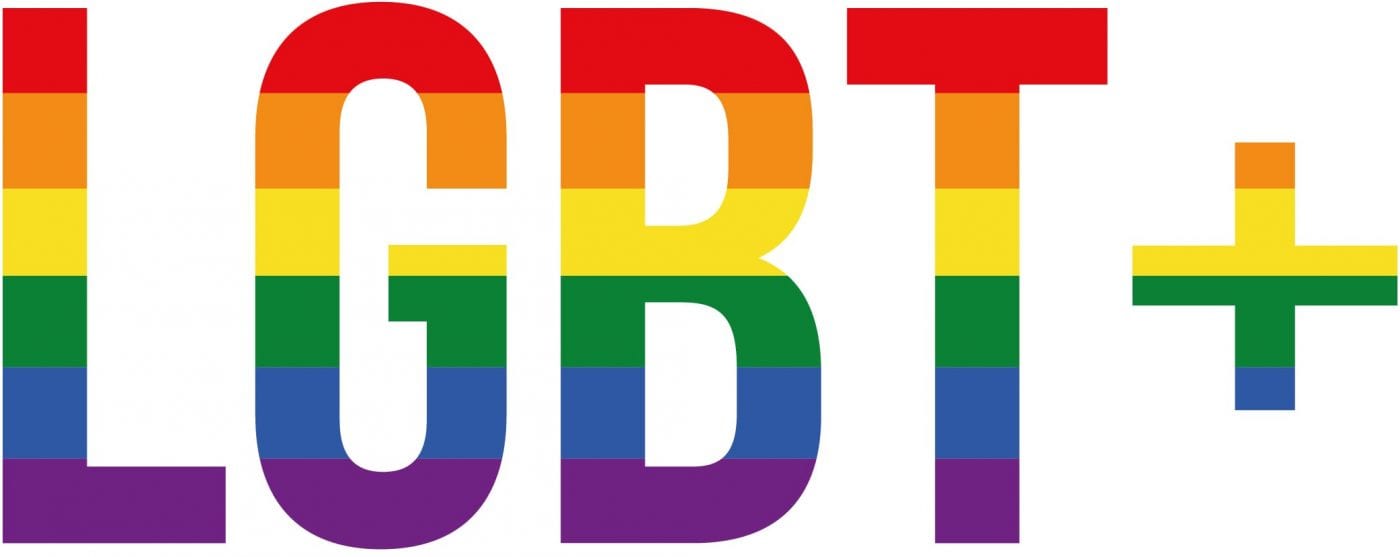By Kate Ashley
Communications Manager
School of Mathematics
The last couple of years have been exciting for LGBT+ cinema both serious (The Miseducation of Cameron Post) and comedic (The Favourite). My personal favourite has to be the beautiful Call Me By Your Name.
It was wonderful to see main characters who have relationships with both men and women. Despite often being cited as a ‘gay’ film, neither Elio and Oliver apologise for or are made to explain their sexuality. There is no punishment-as-plot for their romance. This kind of representation matters, particularly in a culture where bi erasure is so commonplace.
However refreshing it is to see relatable stories featuring non-straight characters, the true power of this love story is how completely it captures that feeling of youthful obsession. Elio is awkward and lost when it comes to dealing with his crush – in other words, like every teenager ever.
The languid setting draws you into that hazy Italian summer with him and Oliver; enhanced by pacing that perfectly emphasizes the torture of waiting, longing and doubting.
There’s something about remembering that time of life, whether or not you were lucky enough to have such a place to spend your holidays, or such supportive parents. I don’t think English can do it justice, but perhaps Portuguese does with their term ‘saudade’; a deep nostalgia for something or someone missing.
Teenage love and heartbreak aren’t taken seriously – just think of ‘puppy love’. Our society dismisses these emotions, or at least insists they are confined to those teenage years. And yet the moving speech which ends this film calls for adults everywhere to remember and honour that time of young adulthood when they too felt things so deeply. Here the film almost directly follows the book:
“We rip out so much of ourselves to be cured of things faster than we should that we go bankrupt by the age of 30 and have less to offer each time we start with someone new. But to feel nothing so as not to feel anything—what a waste!”
What words to live by, particularly if your first taste of romance was harder or more complicated than that experienced by straight teens.
PS: for all those wondering, in this rare case the film really is better than the book! Sorry André.

